Removal of polyp in the uterus
Removal of a polyp in the uterus is a surgical procedure that is aimed at eliminating a benign neoplasm arising from endometrial cells. A polyp can cause menstrual irregularities, pain, infertility and other complications. Timely treatment allows you to avoid serious consequences and maintain women's health. Let's look at the cases in which polyp removal is indicated, how the procedure is performed and what to expect during the rehabilitation period.

specialists

equipment

treatment
Methods of removing polyps in the uterus
Hysteroscopy
The most effective and informative method. A hysteroscope is inserted through the cervix - an optical device in the form of a thin tube, equipped with a camera and a lighting system to transmit the image to the monitor. The doctor sees the polyp and removes it with maximum precision. The operation is minimally invasive, allows you to immediately assess the condition of the uterine cavity and take material for histological examination.
Laser polypectomy
The polyp is removed with a laser beam. The method ensures minimal blood loss, virtually eliminates the risk of infection, and promotes rapid tissue healing. It is suitable for women planning a pregnancy, as it leaves no scars.
Radio wave surgery
The method is based on the use of high-frequency radio waves that cut tissues contactlessly. Allows for careful removal of the neoplasm with minimal damage to the surrounding endometrium. The procedure is fast, has a low risk of complications, and does not require long-term rehabilitation.
Cost of surgery to remove a polyp in the uterus
The cost of surgery to remove a polyp in the uterus depends on the following factors:
- Size and number of neoplasms. Removing multiple or large polyps requires more time and resources
- Concomitant pathologies (adhesions, endometrial hyperplasia, fibroids). With combined interventions, the cost increases
- Conducting a histological examination. The removed material is always sent for analysis, which may be included in the price or paid for separately
The cost of removing a polyp in the uterus is also affected by medication, follow-up ultrasound, doctor's consultation and follow-up appointments.
You can undergo surgical treatment of polyps in Moscow at the K+31 clinic. We employ qualified specialists who use modern technologies and European protocols. In complex cases, when a joint assessment and development of a treatment plan is required, consultations are held.
Medical center K+31 is equipped with its own laboratory, which allows to obtain fast and accurate results of diagnostic procedures. To find out the cost of services, study the price list on our website or call by phone. The clinic administrator will promptly guide you on prices and select a convenient time for an appointment.
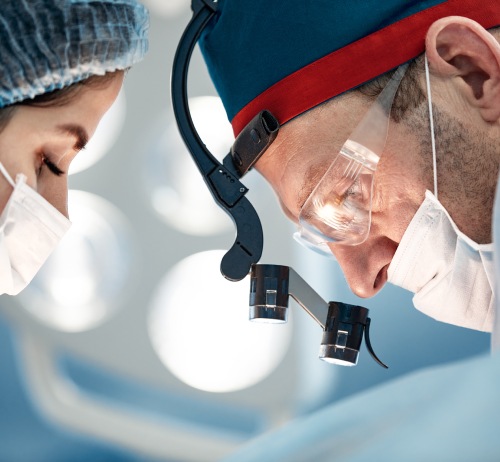
Questions and Answers
Is it possible to get pregnant with a uterine polyp?
Yes, you can get pregnant. In rare cases, polyps prevent the implantation of a fertilized egg, cause inflammation, and block the fallopian tube.
Pregnancy with a polyp is considered risky because it can increase in size, cause bleeding or miscarriage. It is important to undergo an examination before conception and make sure there are no neoplasms.
On what day of the cycle is the removal of a uterine polyp performed?
The operation is performed on the 6th-10th day of the menstrual cycle, immediately after the end of menstruation. During this period, the thickness of the endometrium decreases, which makes it easy to detect polyps and completely remove them.
How long after removing a uterine polyp can you have sex?
You can resume your intimate life after 2 weeks if there are no complications and after consulting a doctor.
On what day of your period can you do a hysteroscopy?
Hysteroscopy is performed on the 6th-10th day of the menstrual cycle. The thin endometrium provides better visualization of the uterine cavity and rapid detection of pathologies.

This award is given to clinics with the highest ratings according to user ratings, a large number of requests from this site, and in the absence of critical violations.

This award is given to clinics with the highest ratings according to user ratings. It means that the place is known, loved, and definitely worth visiting.

The ProDoctors portal collected 500 thousand reviews, compiled a rating of doctors based on them and awarded the best. We are proud that our doctors are among those awarded.
Make an appointment at a convenient time on the nearest date
Price







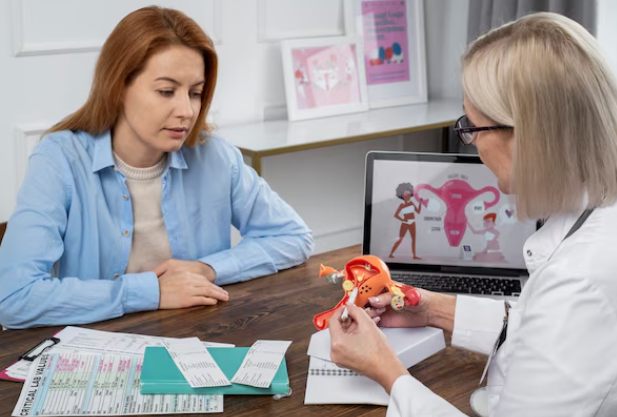
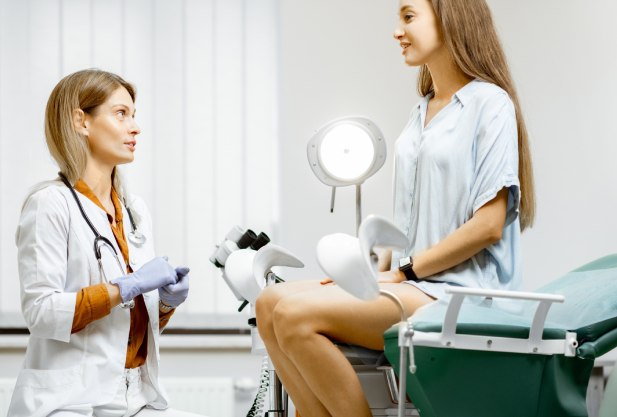
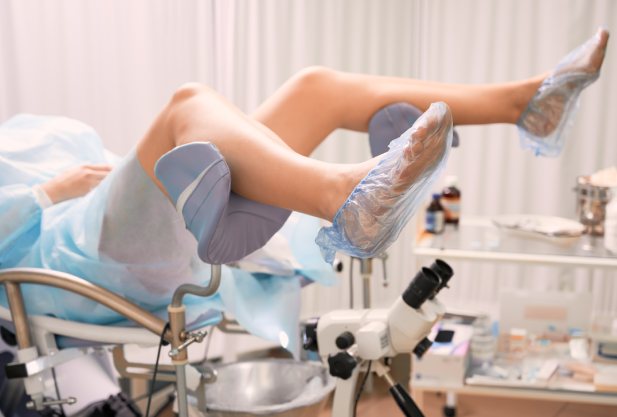
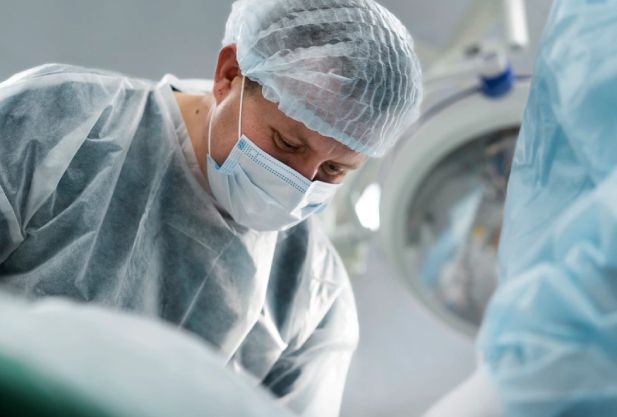
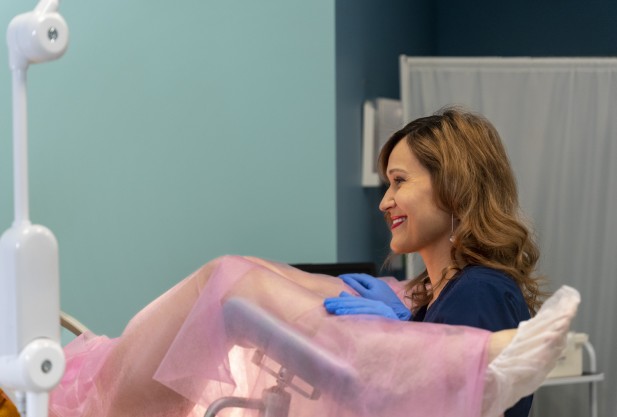
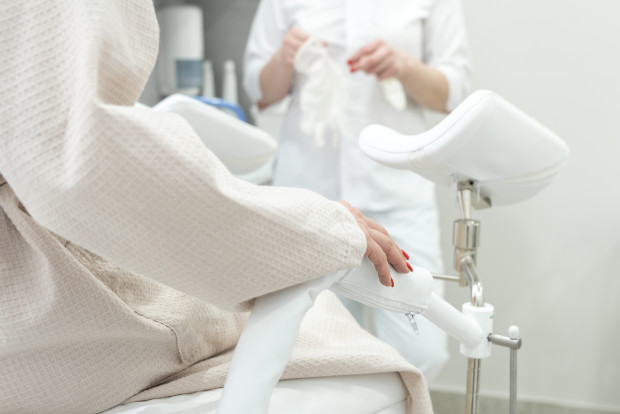
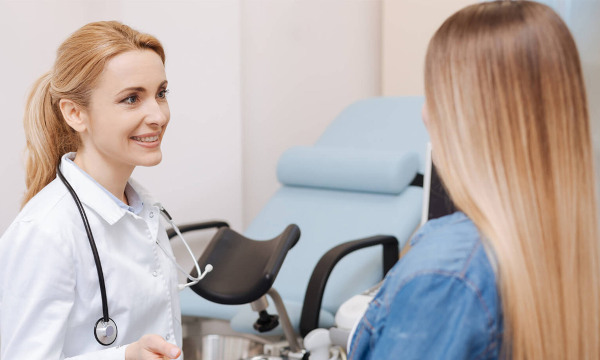
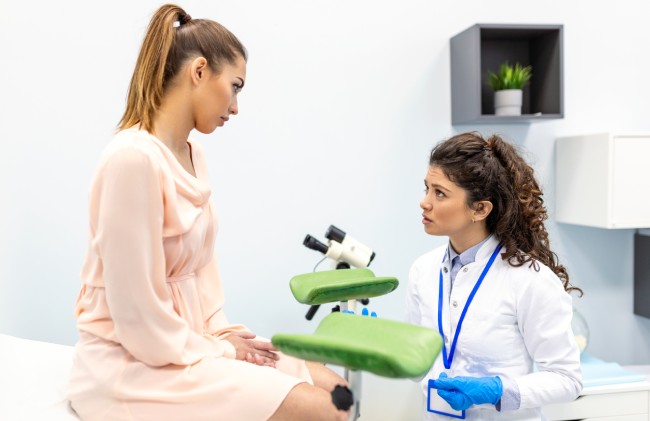
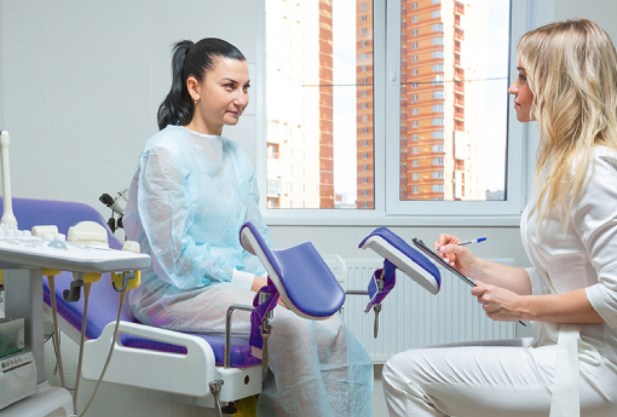
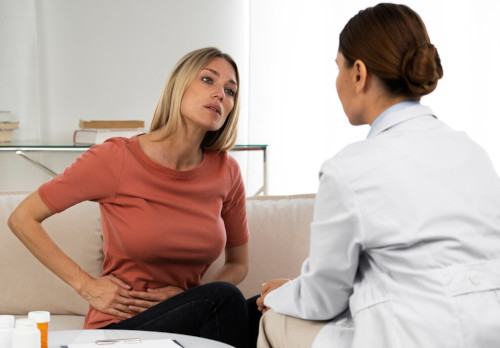
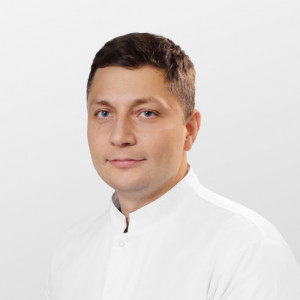
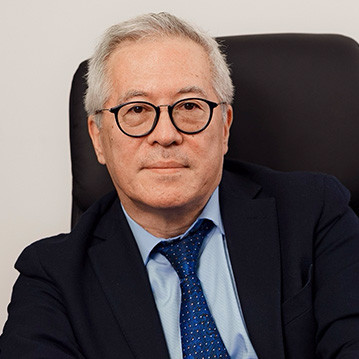
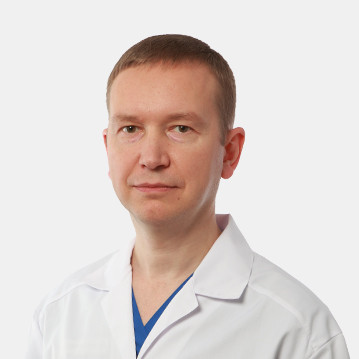
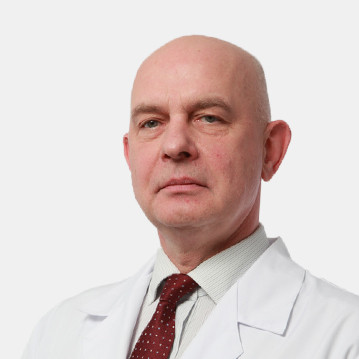
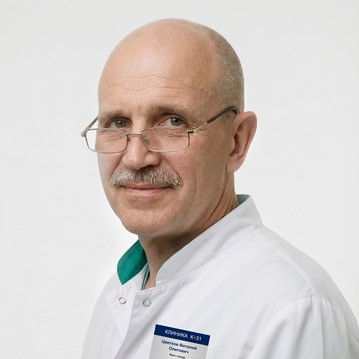
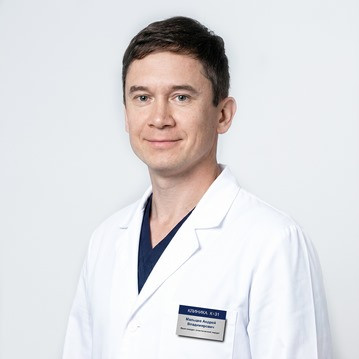
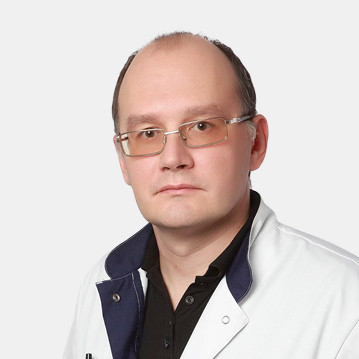
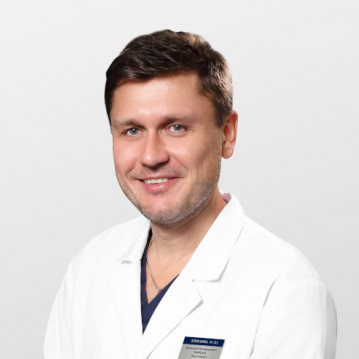
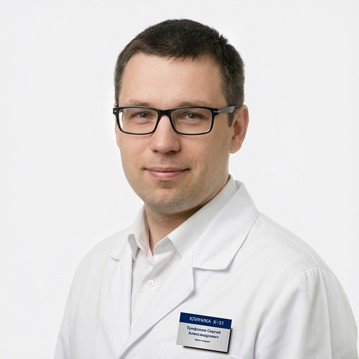
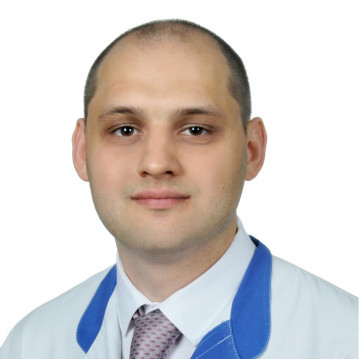

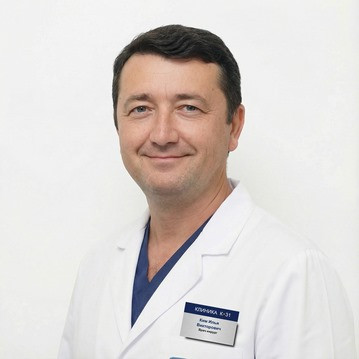
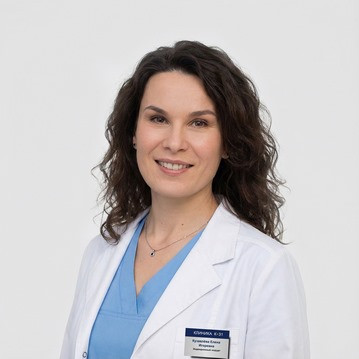
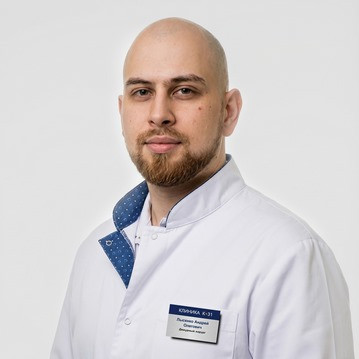
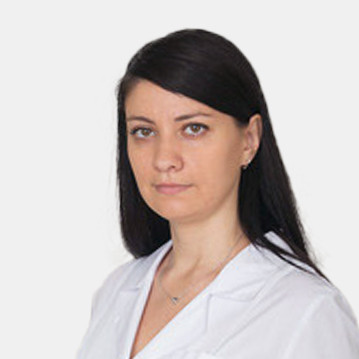
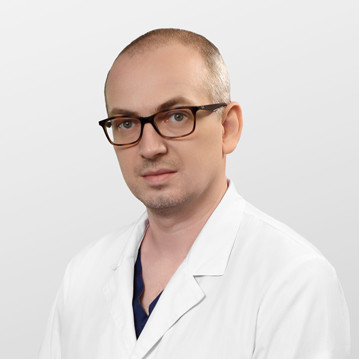
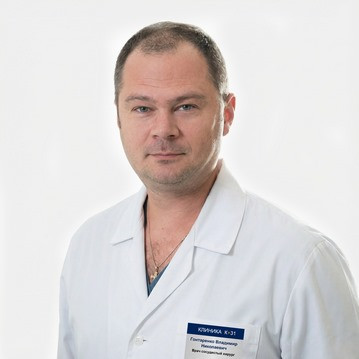
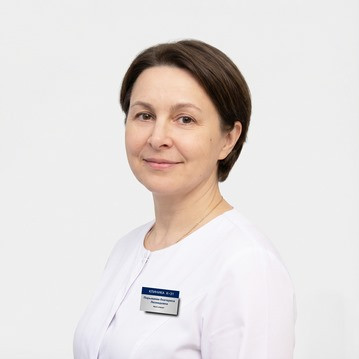
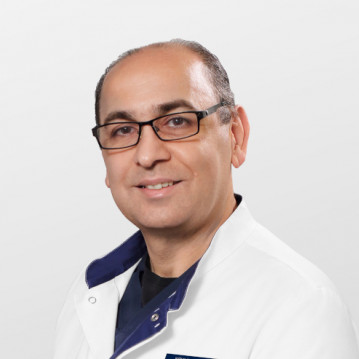
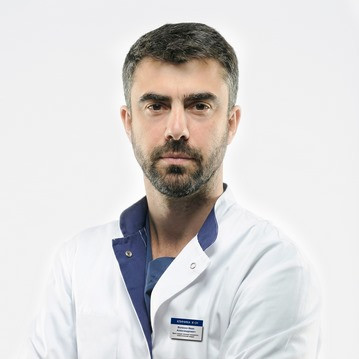
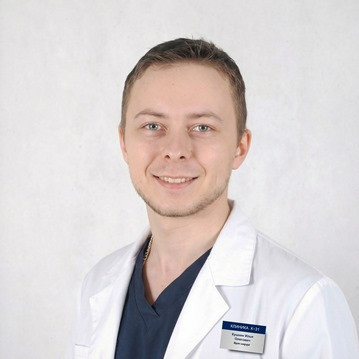
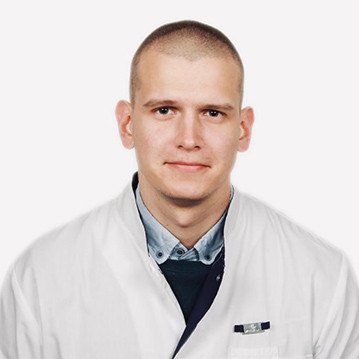
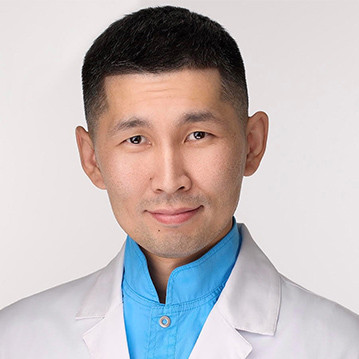

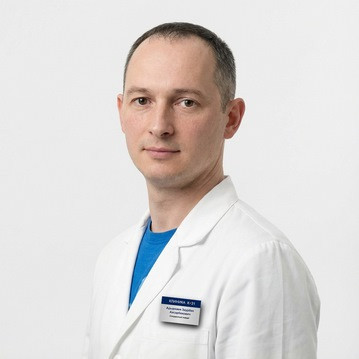
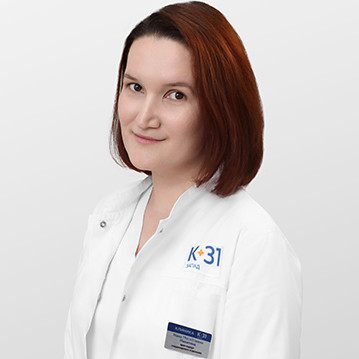
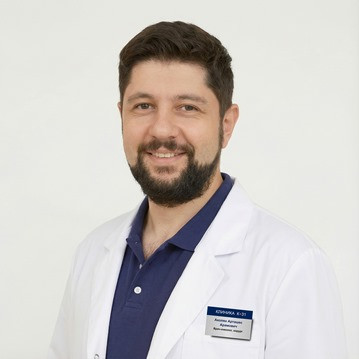
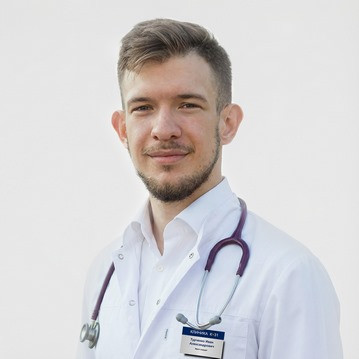

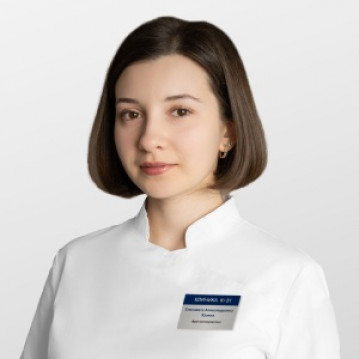
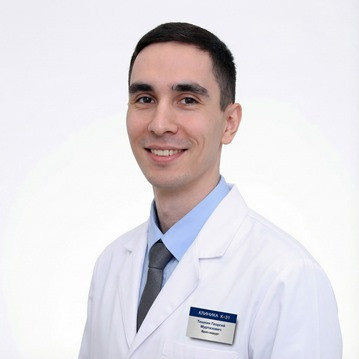
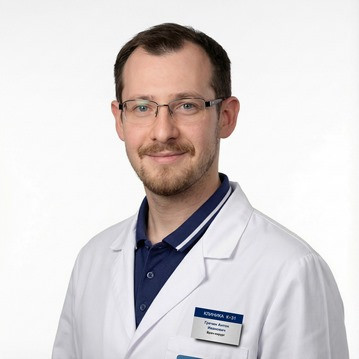
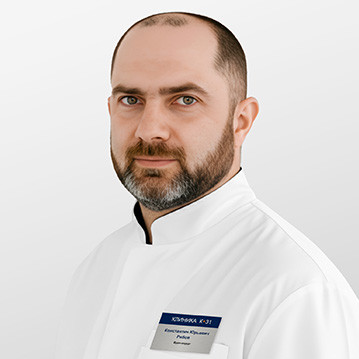
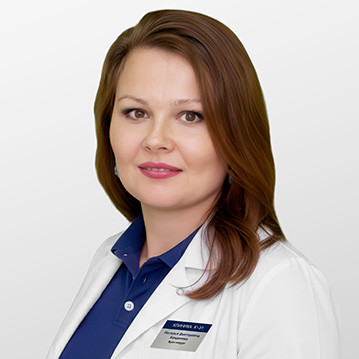
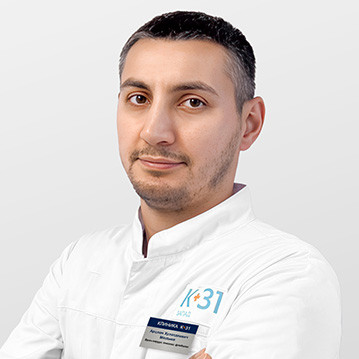
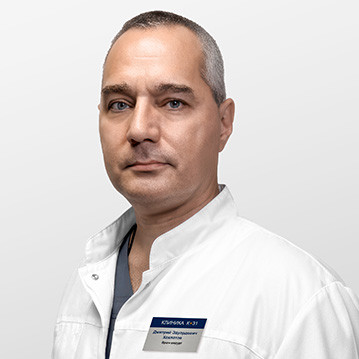
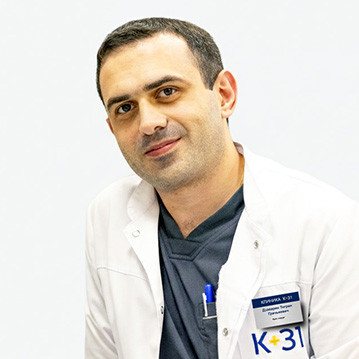

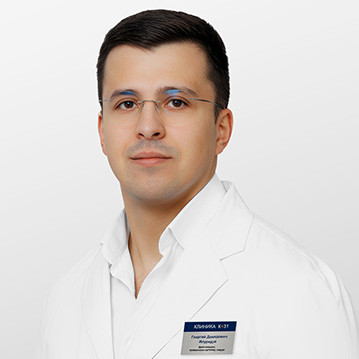
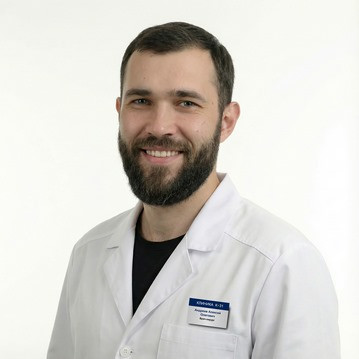
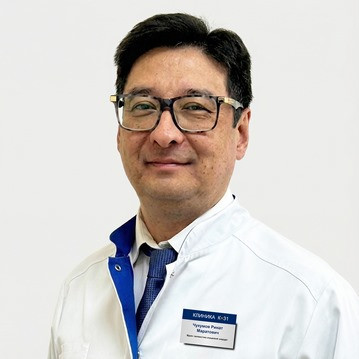
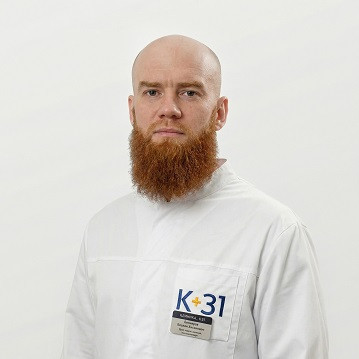
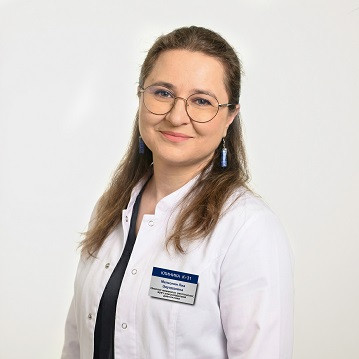
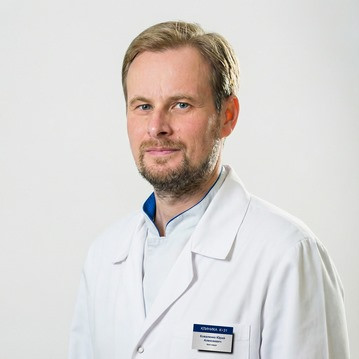
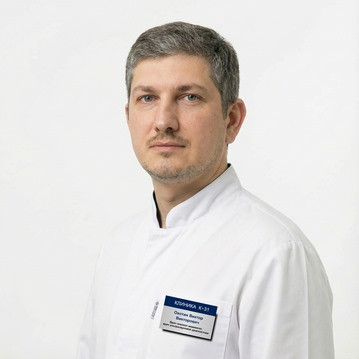
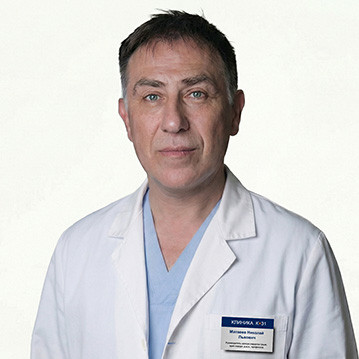
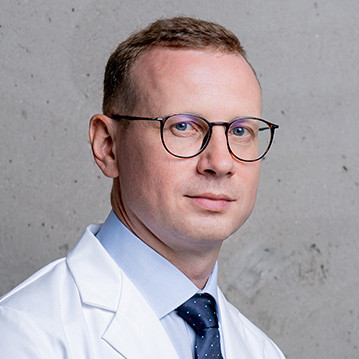




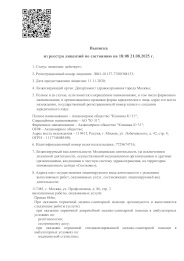
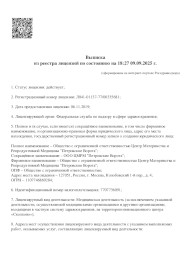
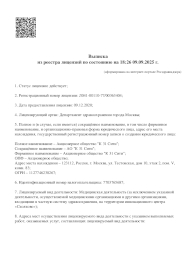
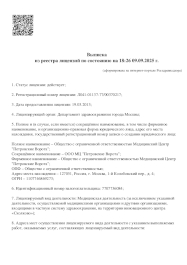
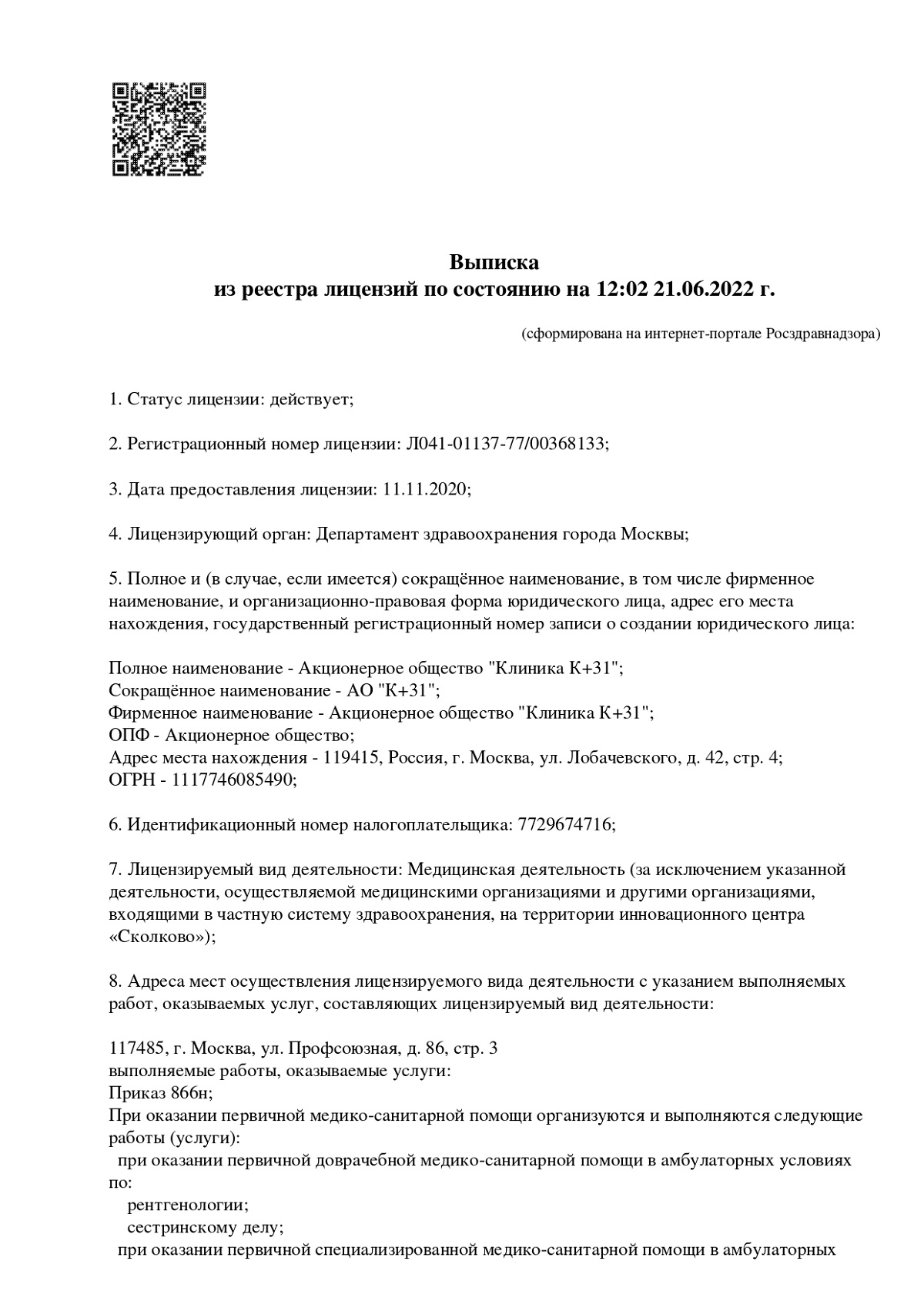
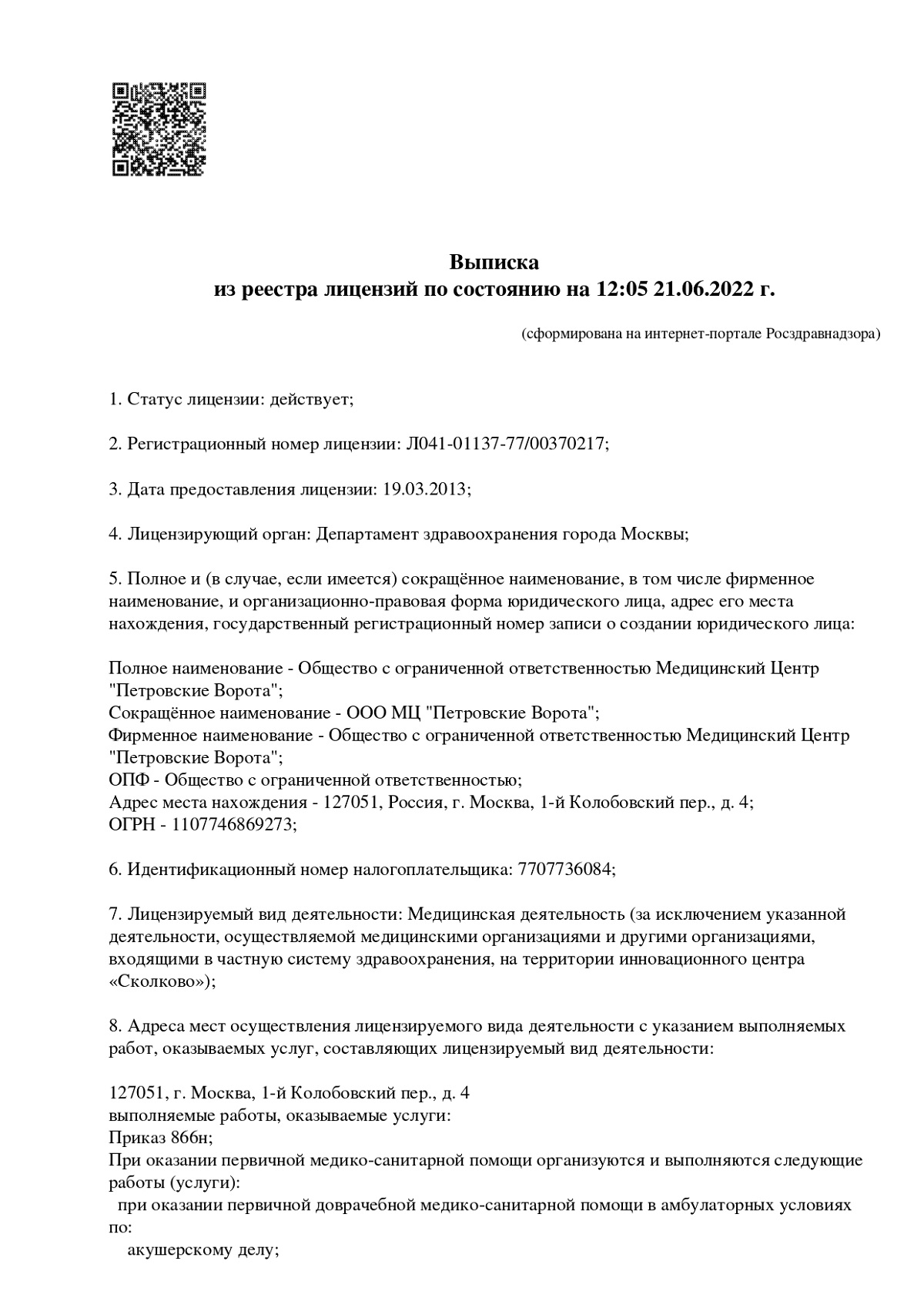
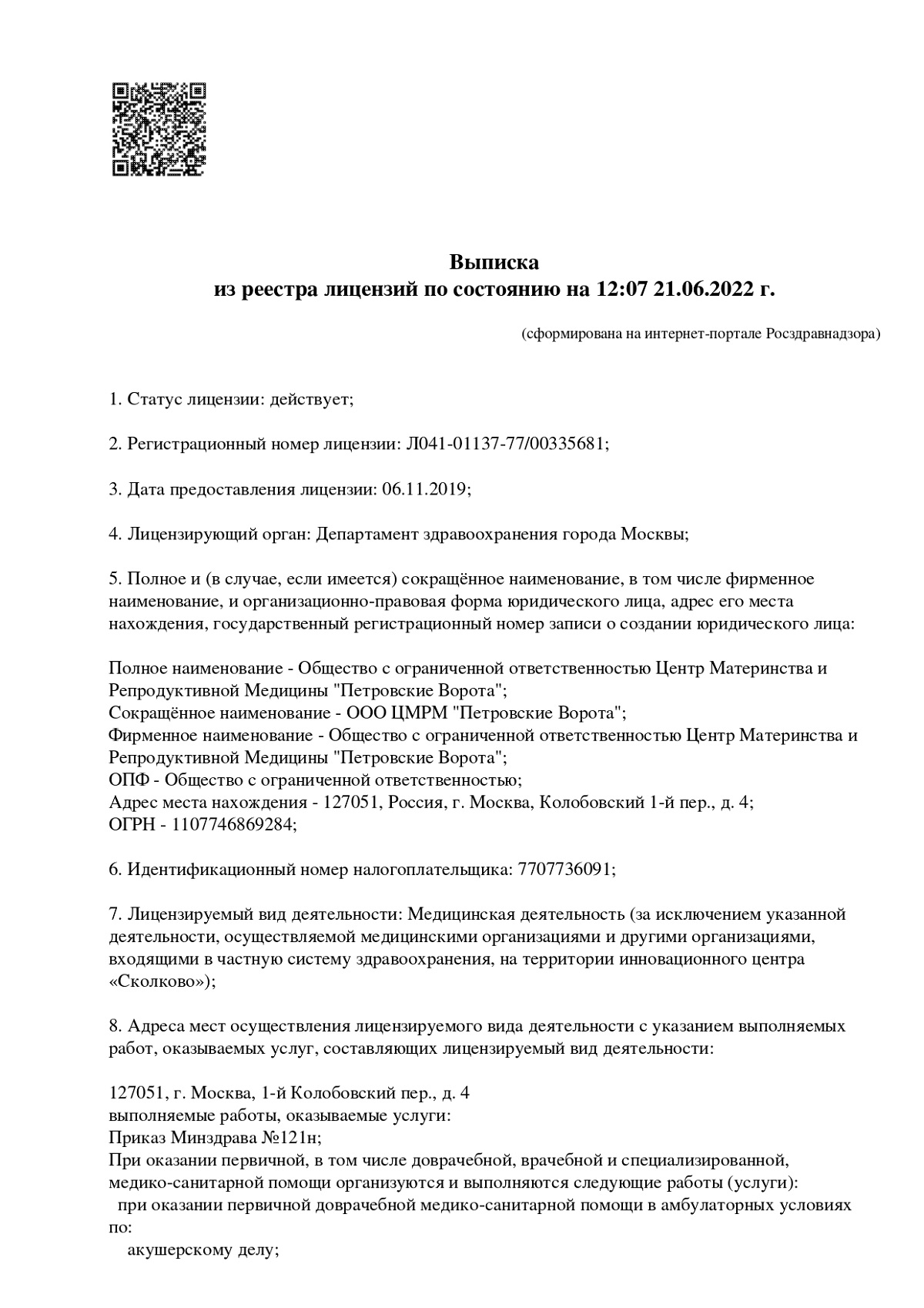
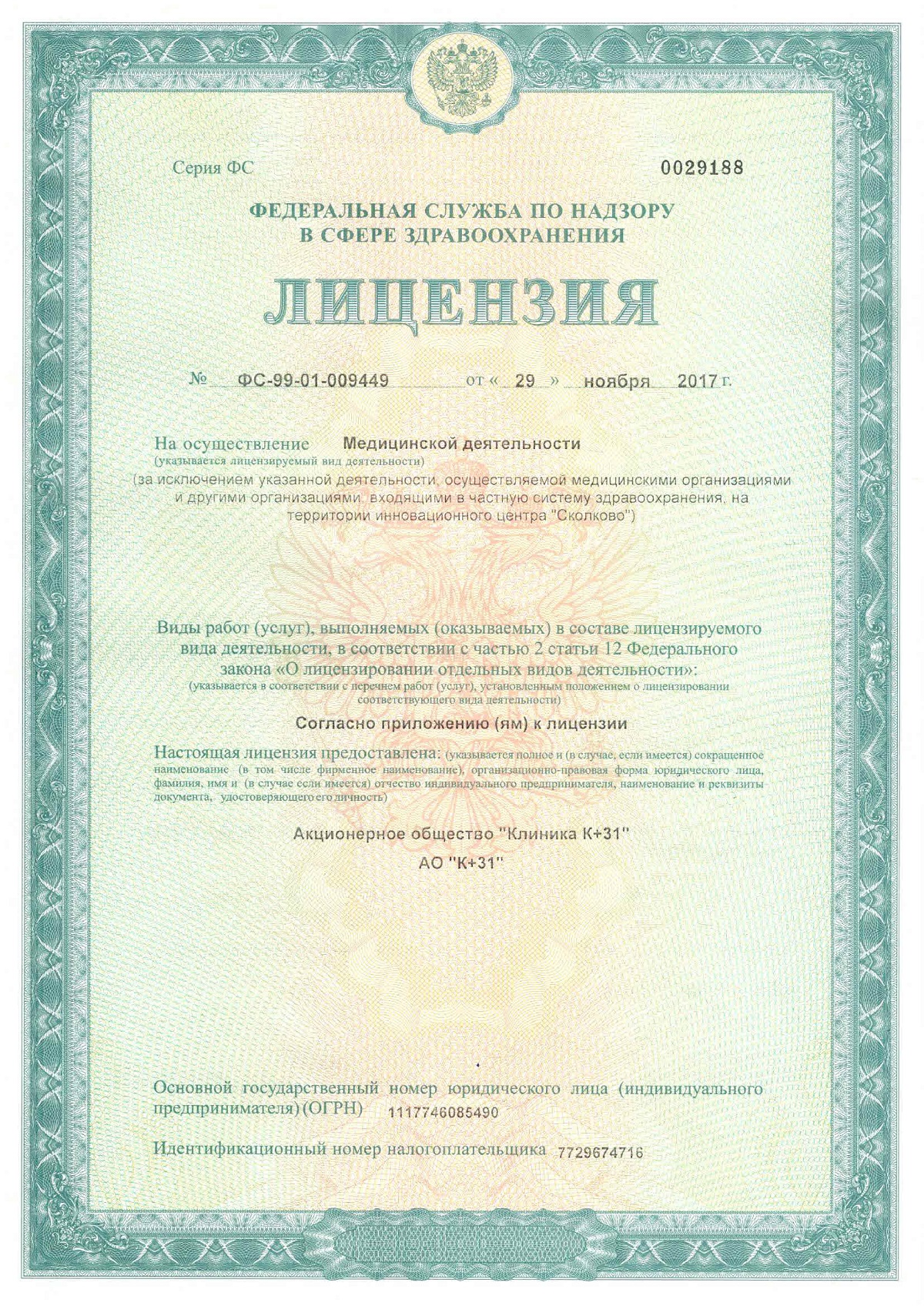
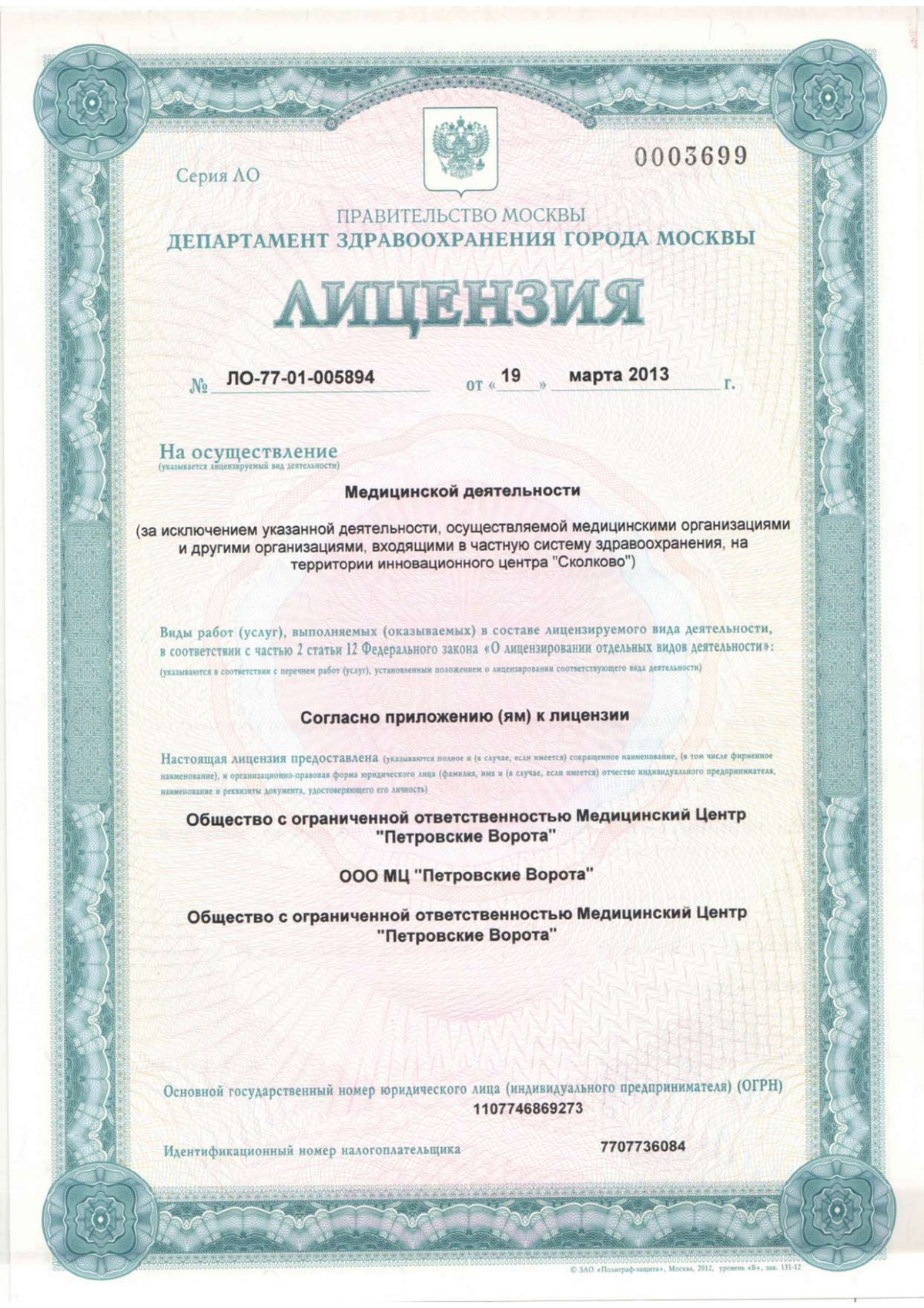
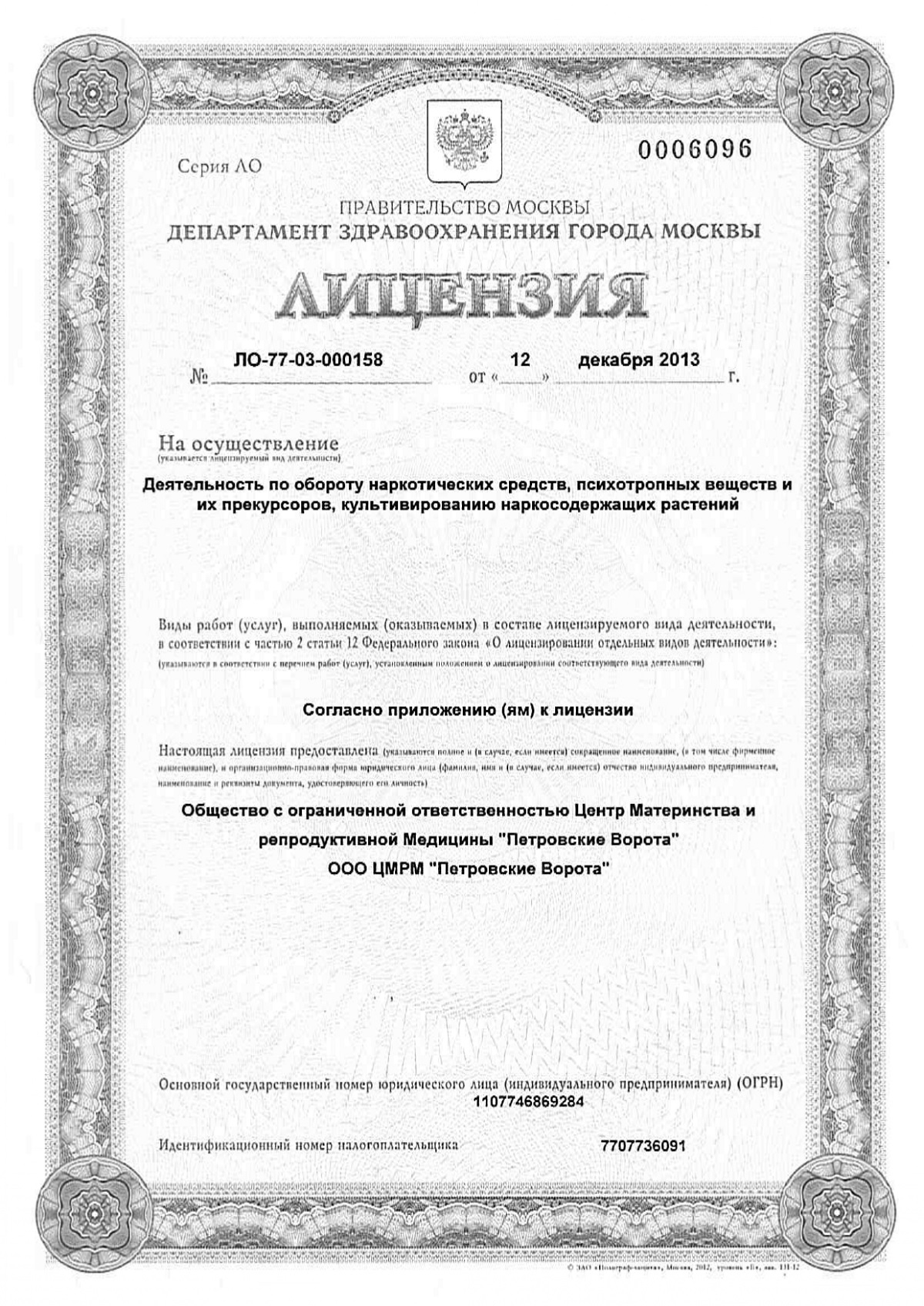
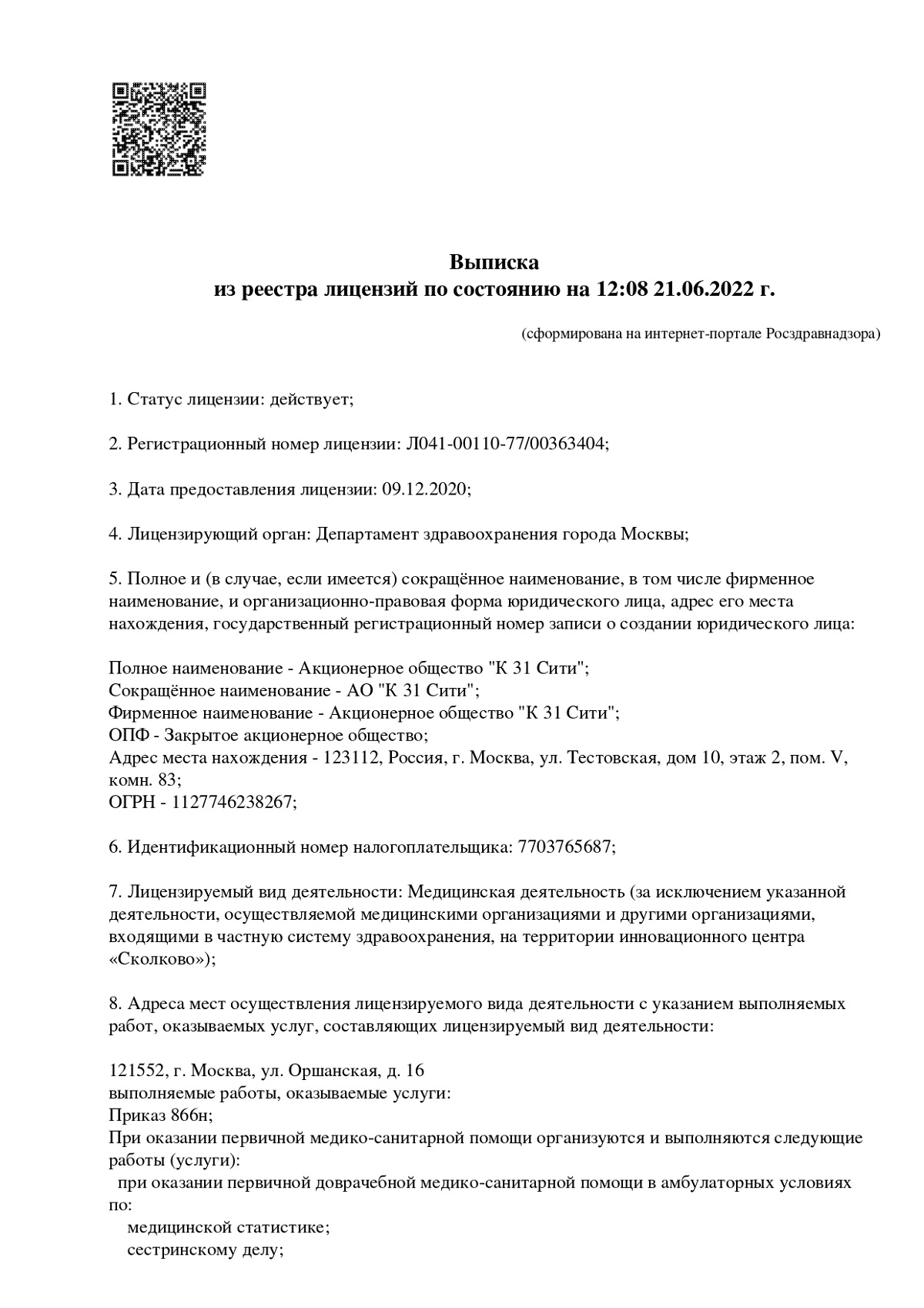
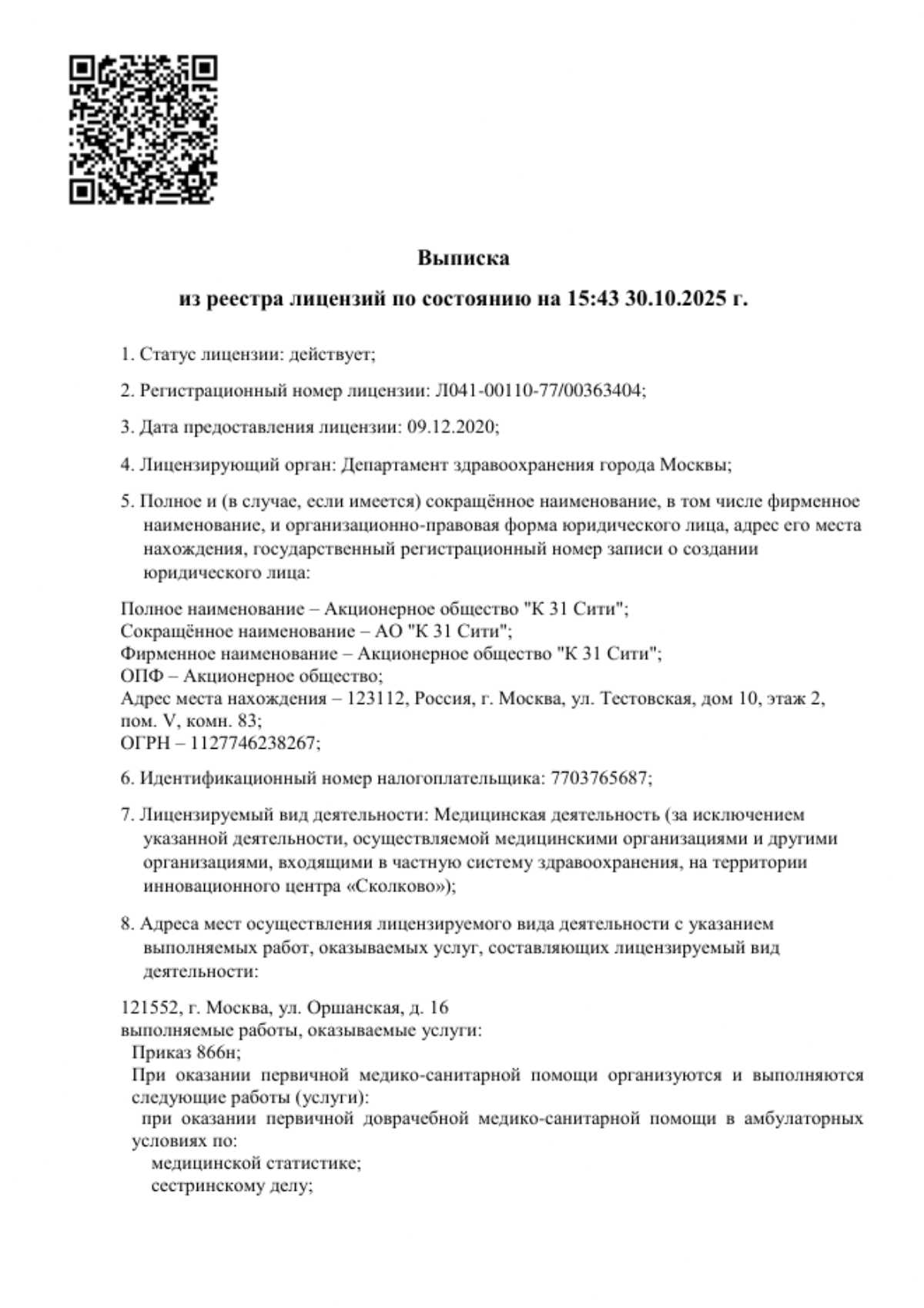
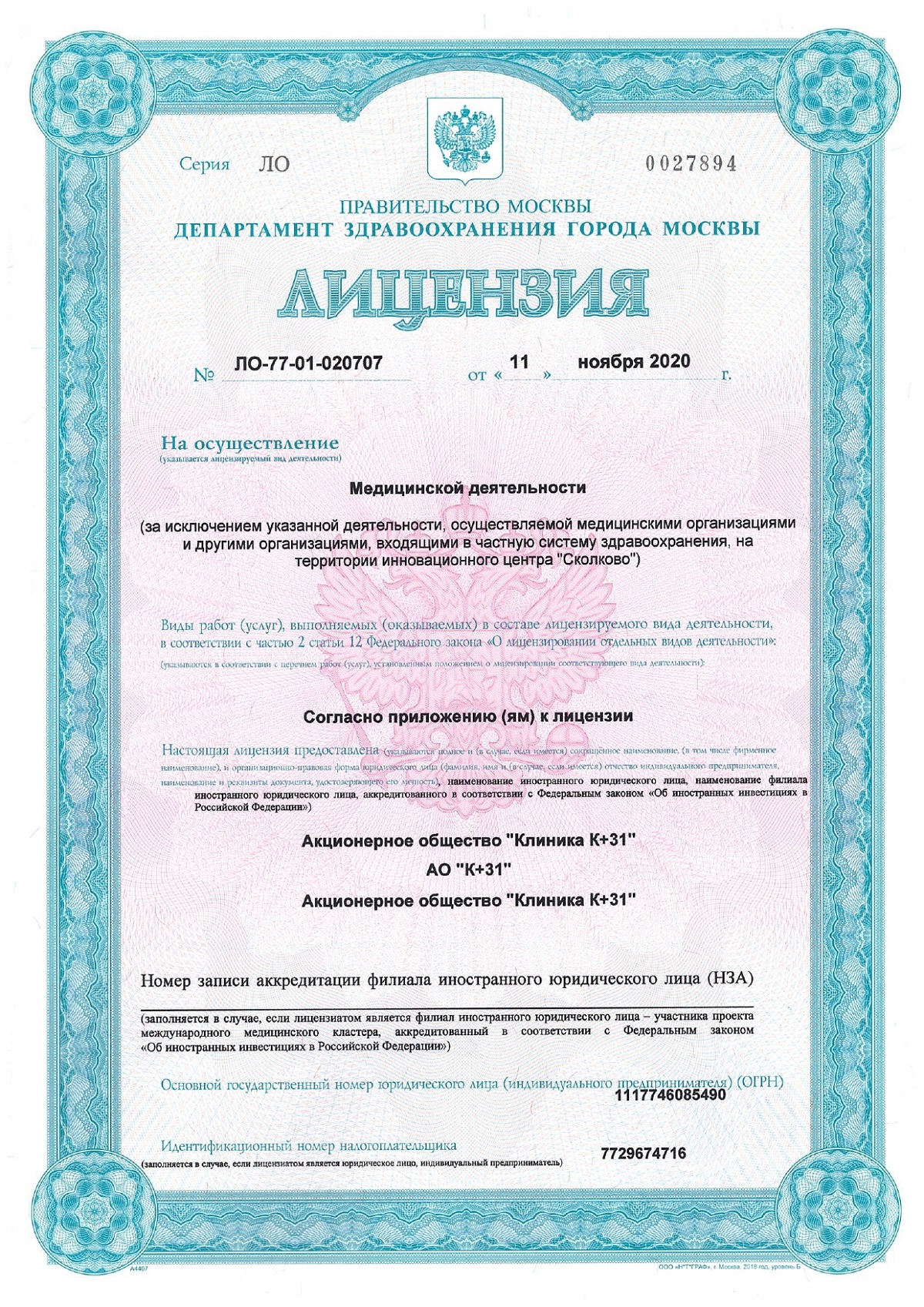
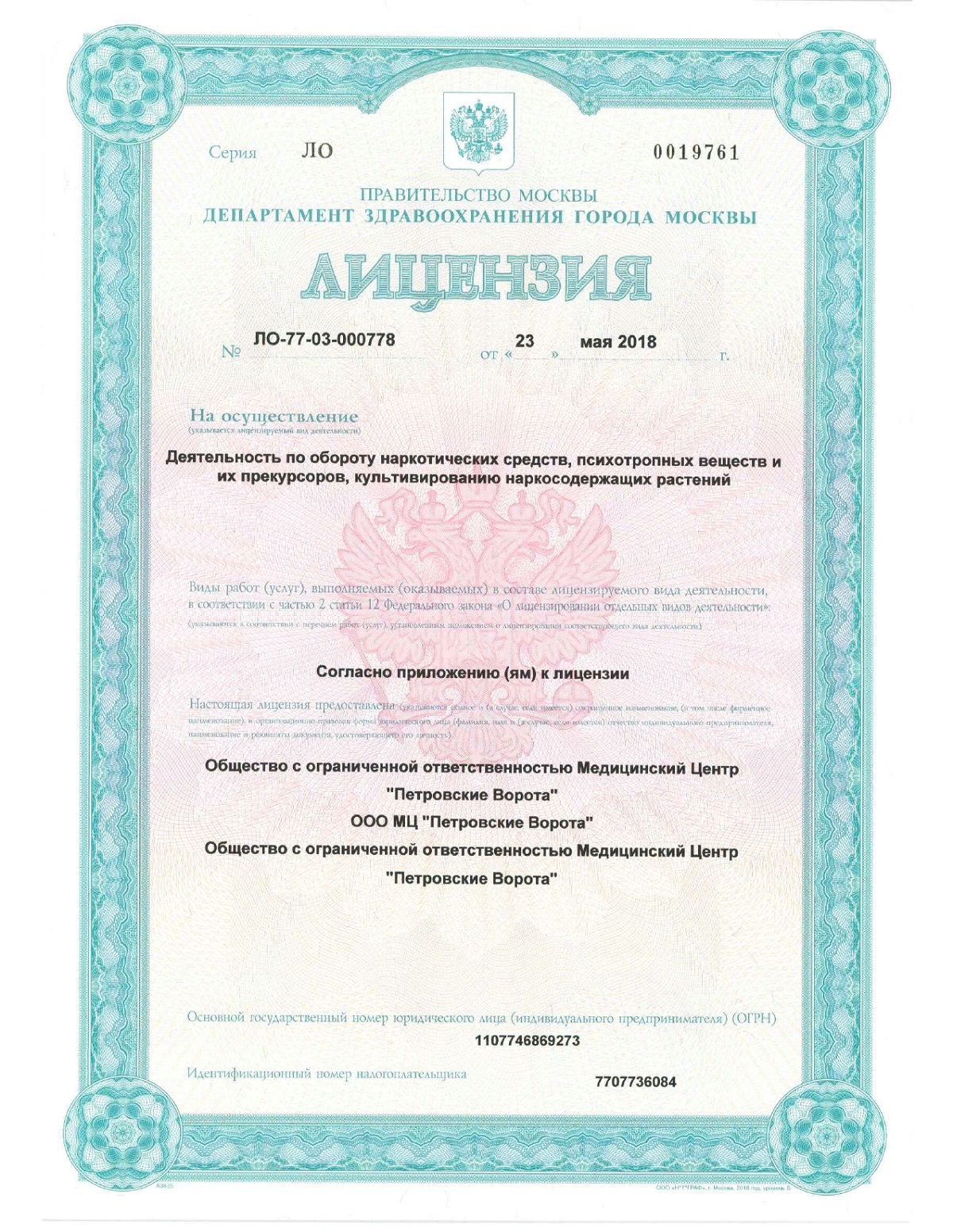
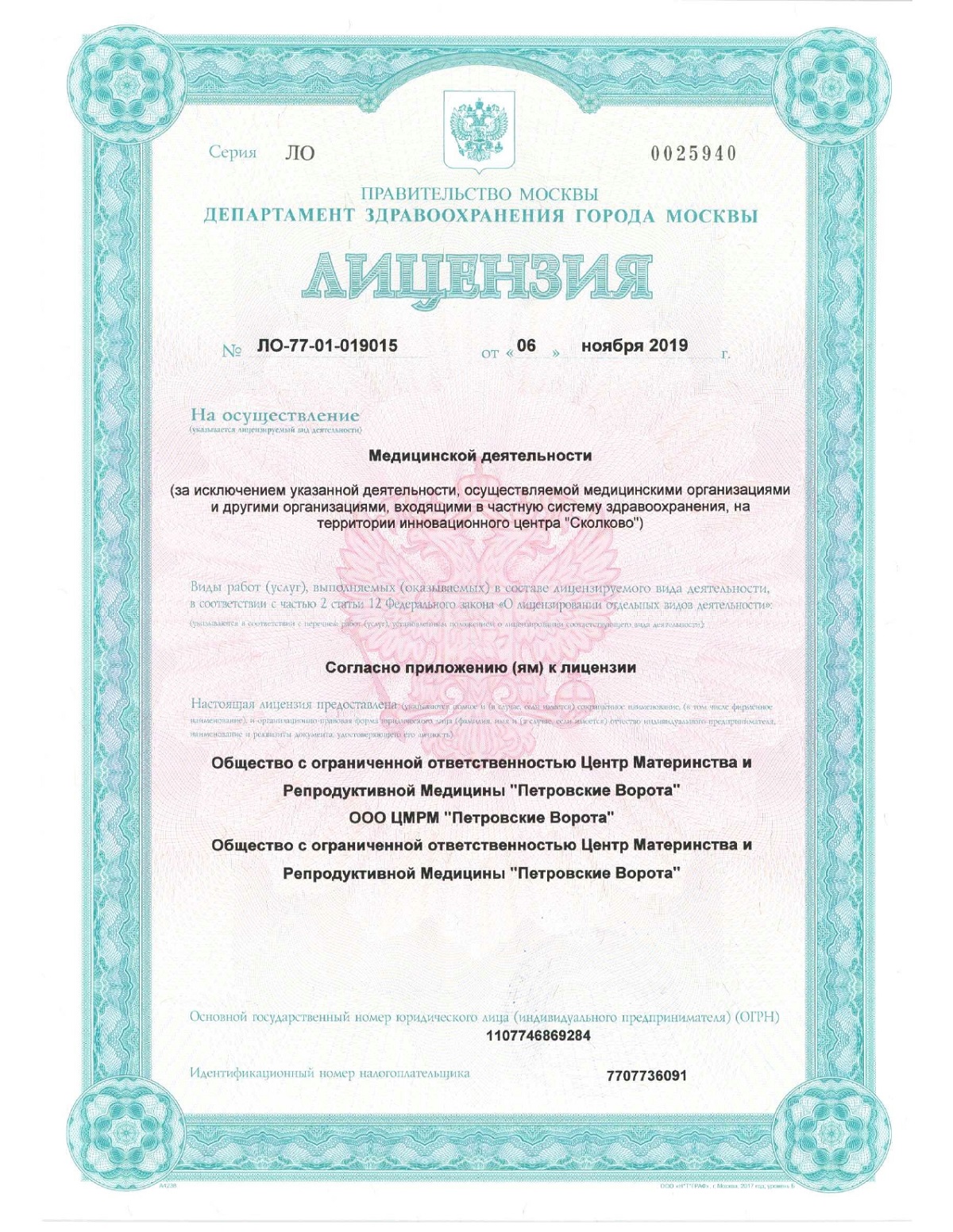
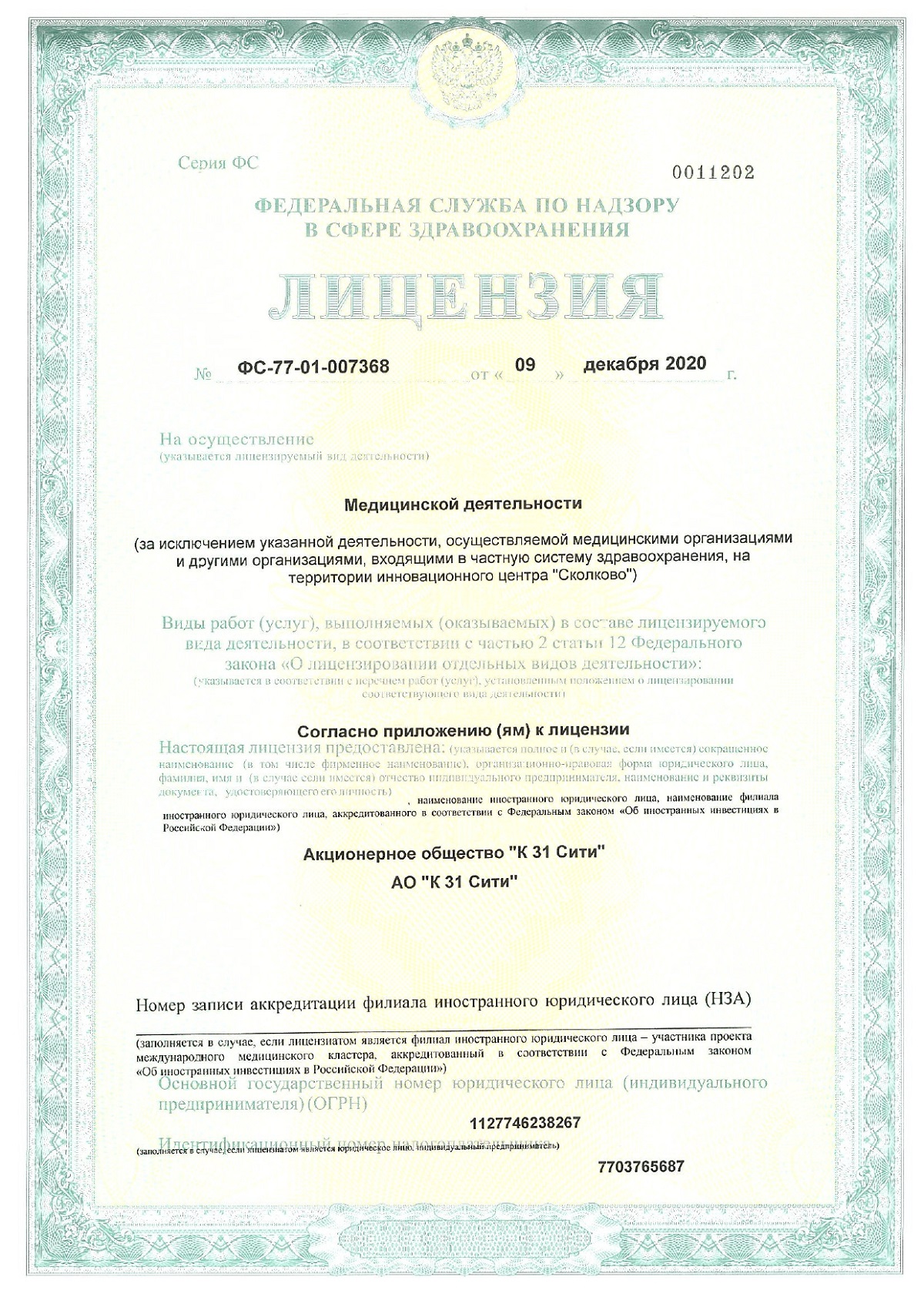



Causes of polyps in the uterus
Neoplasms in the uterus arise due to the following reasons:
A sedentary lifestyle contributes to hormonal imbalance and metabolic disorders. Long-term use of drugs for the treatment of breast cancer can also cause the growth of polyps. According to some studies, high blood pressure changes the vascular bed of the endometrium, increasing the risk of neoplasms.